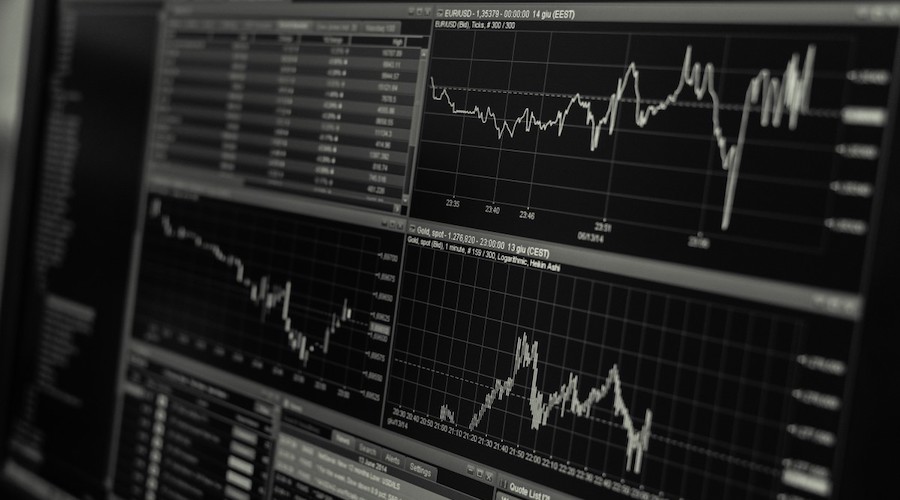Emerging markets trust China’s virus steps to keep rally going

Emerging markets may take their cue this week from a recovery in commodities and signs China’s efforts to stem the spread of the coronavirus are working.
Gauges of stocks, bonds and currencies in developing economies all rose in the five days through Friday as raw-material prices had their best week this year. Chinese officials urged the nation to meet its economic targets for 2020 as Hubei province, the epicenter of the outbreak, reported a slowing rate of new infections.
Despite a rally since late January, emerging markets have underperformed stocks and bonds in the developed nations. That trend should soon reverse, according to Pictet Asset Management, which oversees almost $600 billion of assets.
“Valuations in emerging markets, given what’s going on, are more attractive than developed markets,” Luca Paolini, the London-based chief strategist at Pictet, said in an interview.
MSCI Inc.’s index of emerging equities rose 1.3% last week to pare its yearly loss to 0.8%. Currencies strengthened for the first time in four weeks, led by the Mexican peso, South African rand and Russian rubles. Bloomberg’s gauge of commodities climbed for the first time since the week of Jan. 3.
Saudi G-20
- The U.S. Federal Reserve publishes minutes of its latest meeting on Wednesday
- Finance ministers from across the world will gather in Riyadh, Saudi Arabia from Saturday to discuss the global economy and how to limit the fallout from the virus
- Singapore’s government will give an indication of how the virus is affecting Asian economies when it announces its budget on Tuesday
- China’s Loan Prime Rate — its new monthly rate — will be announced on Thursday and will probably be reduced as authorities seek to keep plenty of cheap money flowing to businesses and consumers struggling amid the virus shut downs
- “The focus will be on China for answers critical to the region and beyond — how the battle to contain the coronavirus is progressing, how much of the economy has managed to get going again after extended shutdowns, and how is policy shifting,” said Bloomberg Economics. “We expect cuts to loan prime rates, and will be on the lookout for other measures aimed at shoring up growth”
Turkey, Indonesia rates
- Bank Indonesia is expected to cut its benchmark interest rate on Thursday, having been among the most vocal Asian central banks in saying they will keep policy accommodative to counter the economic impact of the coronavirus
- Central banks in Malaysia, Thailand and the Philippines have already reduced rates this year and have signaled they remain open to more easing
- “Asian central banks are trying to get ahead of the curve of monetary easing to support growth as the rapidly spreading disease dampens the economic outlook,” Prakash Sakpal, an economist at ING Groep NV in Singapore, wrote in a note. “The next one to join the race seems to be Indonesia’s central bank.”
- Indonesia’s economic is vulnerable to the closure of Chinese factories, which will sap demand for local exports such as palm oil, coal and copper. China is the nation’s top export destination, with shipments last year reaching $28 billion
- While the rupiah has retreated from a two-year high reached in late January, it is still emerging Asia’s top currency this year with a gain of more than 1.2%
- Bank Indonesia’s seven-day reverse repo rate was lowered a total of 100 basis points in 2019 to 5%
- In Turkey, analysts expect Central Bank Governor Murat Uysal to continue his rate-slashing spree on Wednesday, moving a step closer to the single-digit borrowing cost demanded by President Recep Tayyip Erdogan. That’s even as aggressive monetary easing has brought Turkish interest rates below inflation
- The lira has weakened 2.9% in the past month
(By Paul Wallace and Lilian Karunungan, with assistance from Karl Lester M. Yap)
{{ commodity.name }}
{{ post.title }}
{{ post.date }}




Comments